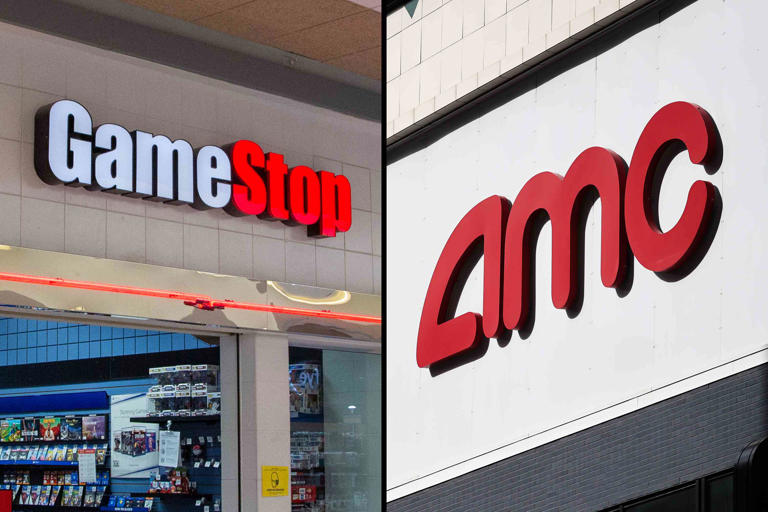In recent trading sessions, the stock market witnessed a resurgence in the shares of GameStop and AMC Entertainment, reminiscent of the frenzy observed during the 2020 and 2021 meme stock craze. These surges were reportedly triggered by the actions of Keith Gill, famously known as “Roaring Kitty,” a prominent figure in the online trading community. Gill’s influence, primarily through his social media presence, has been significant in driving enthusiasm and volatility in certain stocks, particularly those favored by retail investors.
The latest development emerged when it was reported that Morgan Stanley’s ETrade, a prominent online trading platform, is contemplating banning Keith Gill from their platform. This decision stems from concerns that Gill’s social media activities could potentially manipulate stock prices for his personal benefit. The Wall Street Journal detailed ETrade’s apprehensions about Gill’s recent posts, indicating that they are assessing whether his actions amount to market manipulation, which would justify removing him from their platform.
Gill’s influence on the market was underscored by a post on Reddit, where he shared a screenshot of his portfolio showing holdings of 5 million GameStop shares valued at over $115 million. This post sparked a surge in GameStop shares, nearly doubling in value before closing with a 21% gain. Despite a subsequent downturn, GameStop shares have experienced a substantial increase since Gill’s return to online activity after a prolonged absence.
The broader market also felt the impact of Gill’s activities, with other meme stocks like AMC Entertainment, Tupperware Brands, and BlackBerry experiencing gains on Monday. However, these stocks faced declines on Tuesday, highlighting the volatile nature of meme stock trading and the influence of key individuals like Keith Gill.
The potential ban on Gill by E*Trade and Morgan Stanley raises questions about market integrity and the role of social media influencers in shaping stock prices. It also echoes past controversies, such as the backlash faced by Robinhood when it restricted trading in GameStop shares in early 2021. The decision-making process involves weighing the need to prevent potential market manipulation against the risk of alienating retail traders who may perceive the action as unfair or restrictive.
Furthermore, regulatory scrutiny has intensified, with the SEC and Massachusetts securities division investigating the trading activity surrounding GameStop. These investigations aim to determine whether Gill’s actions comply with regulations designed to safeguard against market manipulation, adding another layer of complexity to the situation.
As E*Trade and Morgan Stanley deliberate on their next steps, the outcome could have far-reaching implications for market regulation, retail trading, and the broader landscape of meme stock investing. The ongoing investigations and potential regulatory responses will continue to shape investor sentiment and market dynamics in the coming days.
